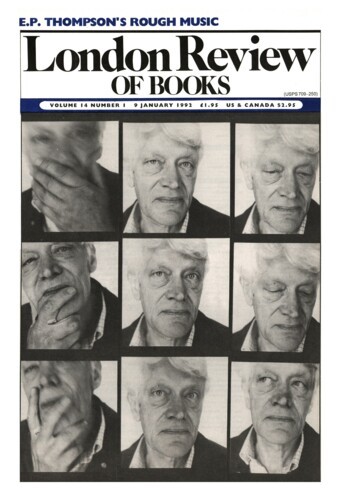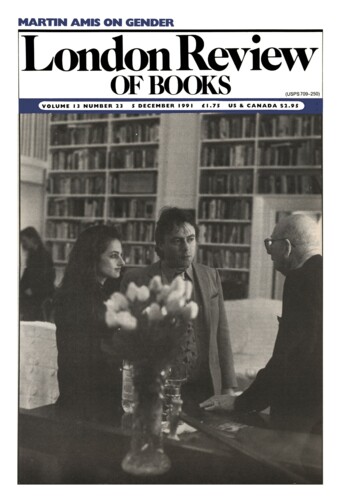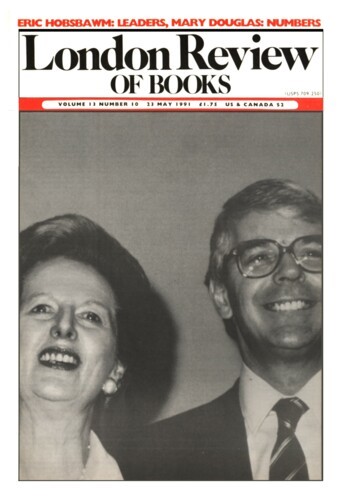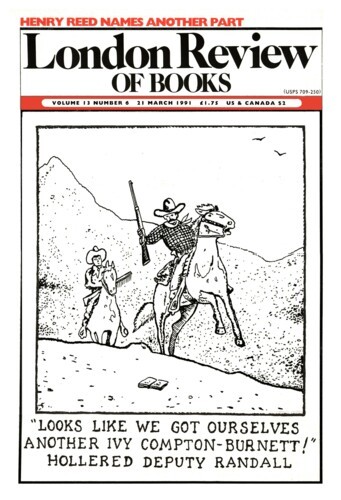Psychopaths and Conformists, Adventurers and Moral Cowards
Peter Pulzer, 23 January 1997
‘I was only obeying orders.’ It is difficult to pronounce these words in English, except with a comic German accent. They symbolise for most people an unquestioning subordination to authority that is peculiarly German and that seems to offer a simple explanation for the horrors of the 20th century. There is a German word for this, Kadavergehorsam, which the dictionary translates as ‘blind obedience’, but which literally means ‘obedience unto death’. Sometimes this archetypally German conformity has a surreal touch. A Czech colleague once told me that on a research visit to Leipzig he had seen a street-cleaning van sprinkling away during a rainstorm. At that moment, he told me, he realised why there had been two world wars.





